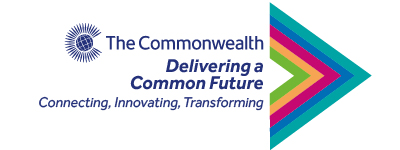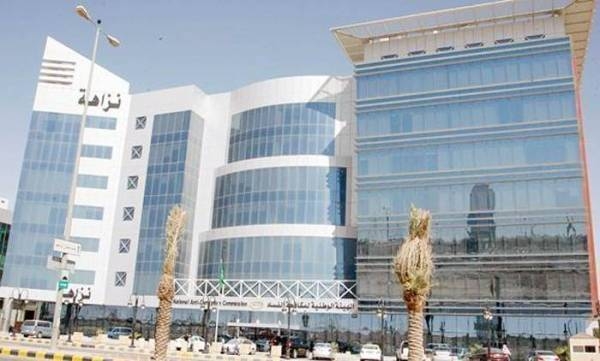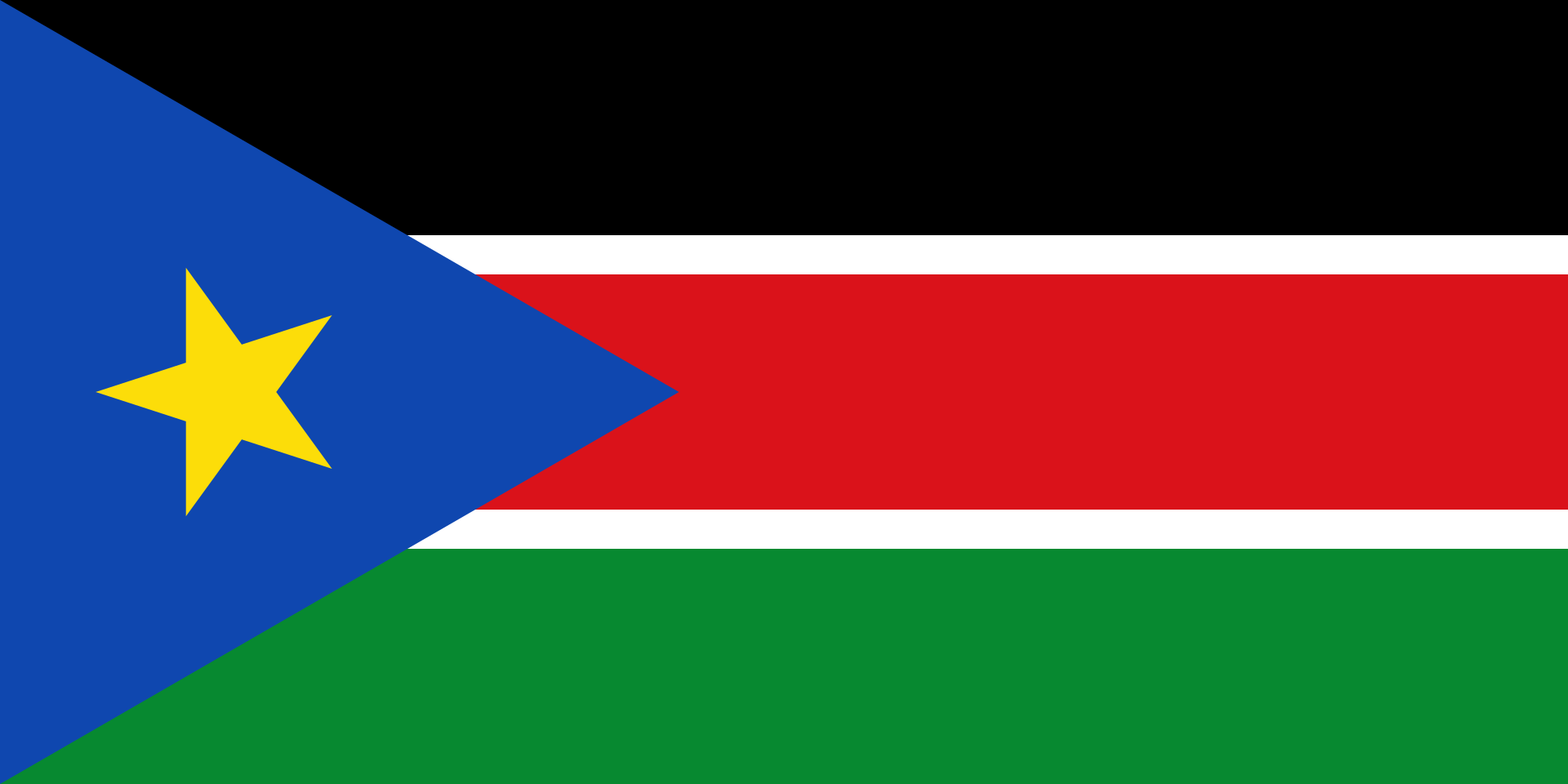- Details
- World
- 1009
IEA News
The Chairperson of the Commonwealth group observing Kenya's elections has called for everyone involved to follow the example of the contenders and commit to a peaceful process.
The team has arrived in Nairobi to observe the 9 August General Elections at the invitation of the Commonwealth Secretary-General, The Rt. Hon. Patricia Scotland QC, and will be deployed across the country to observe the whole process.
The twenty-member Group has been selected from across the Commonwealth at the request of Kenya’s Independent Electoral and Boundaries Commission (IEBC).
Due to unforeseen circumstances, former President of Botswana, H.E. Festus Mogae, has had to withdraw and has been replaced by The Honourable former Prime Minister of Jamaica Bruce Golding.
While issuing the Group’s arrival statement, former Jamaican Prime Minister Bruce Golding said:
“Just as politicians have made a commitment to a peaceful election, we urge stakeholders, including the electorate, to commit to doing the same, consistent with the Commonwealth’s values and principles.
“We know how important elections are in a democracy; they empower the people to choose representatives who will, in turn, make decisions on their behalf.
“We, therefore, hope our presence in Kenya serves as a reminder that the people of the Commonwealth stand together with Kenyans as they exercise their democratic rights, recognising how important these elections are to the people of Kenya, East Africa, Africa, and the whole of the Commonwealth at large.”
As part of its work to support the election, an advance team has been on the ground since 16 July to observe preparations ahead of the polls and campaigns. They will now update the main Group about their meetings with stakeholders and their preliminary findings, which will be pivotal for the team’s work and subsequent observation role and report.
After the main Group has been updated by the advance team and met all relevant stakeholders, they will be deployed in small teams to selected counties to observe electoral preparations including the opening of polls, voting, closing, counting and the results management processes.
After this assessment is carried out, the group will issue its interim statement of preliminary findings on 11 August.
The Commonwealth Observer Group members are:
- Chairperson: The Honourable Bruce Golding, former Prime Minister of Jamaica
- Dr Anne Gallagher, Director-General, Commonwealth Foundation, Australia
- Mr Darrell Bradley, former Mayor of Belize City, Belize
- Dr Simon Munzu, former UN Deputy Special Representative for Côte d'Ivoire, Cameroon
- Hon Halifa Sallah, former National Assembly Member, The Gambia
- Mr Jerald Joseph, former Human Rights Commissioner, Malaysia
- Dr Evarist Bartolo, former Foreign Minister, Malta
- Hon Maryan Street, former Minister of Housing, New Zealand
- Ms Idayat Hassan, Director, Centre for Democracy and Development, Nigeria
- Prof Attahiru Jega, former Chairman, Independent National Electoral Commission, Nigeria
- Ms Nighat Dad, founder and Executive Director of Digital Rights Foundation, Pakistan
- Mrs Marcella Samba-Sesay, Chairperson, National Election Watch, Sierra Leone
- Professor Mandla Mchunu, former Chief Election Officer, South Africa
- Dr Victor Shale, elections and governance Expert, South Africa
- Mrs Fern Narcis-Scope, Chief Election Officer, Elections and Boundaries Commission Trinidad and Tobago
- Justice James Ogoola, former Principal Judge of the High Court, Uganda
- Ms Zeinab Badawi, broadcaster and President of School of Oriental and African Studies, United Kingdom
- Baroness Denise Kingsmill, Member of the House of Lords, United Kingdom
- Mr Mark Stephens CBE, Lawyer, United Kingdom
- Dr Chaloka Beyani, Professor of Law, London School of Economics, Zambia
The Commonwealth has observed electoral processes for over four decades, 160 elections in 40 countries. Commonwealth Observer Groups (COGS) are independent and autonomous composed of eminent persons from a range of fields including electoral commissioners, legal experts, gender experts, human rights experts and media experts.








